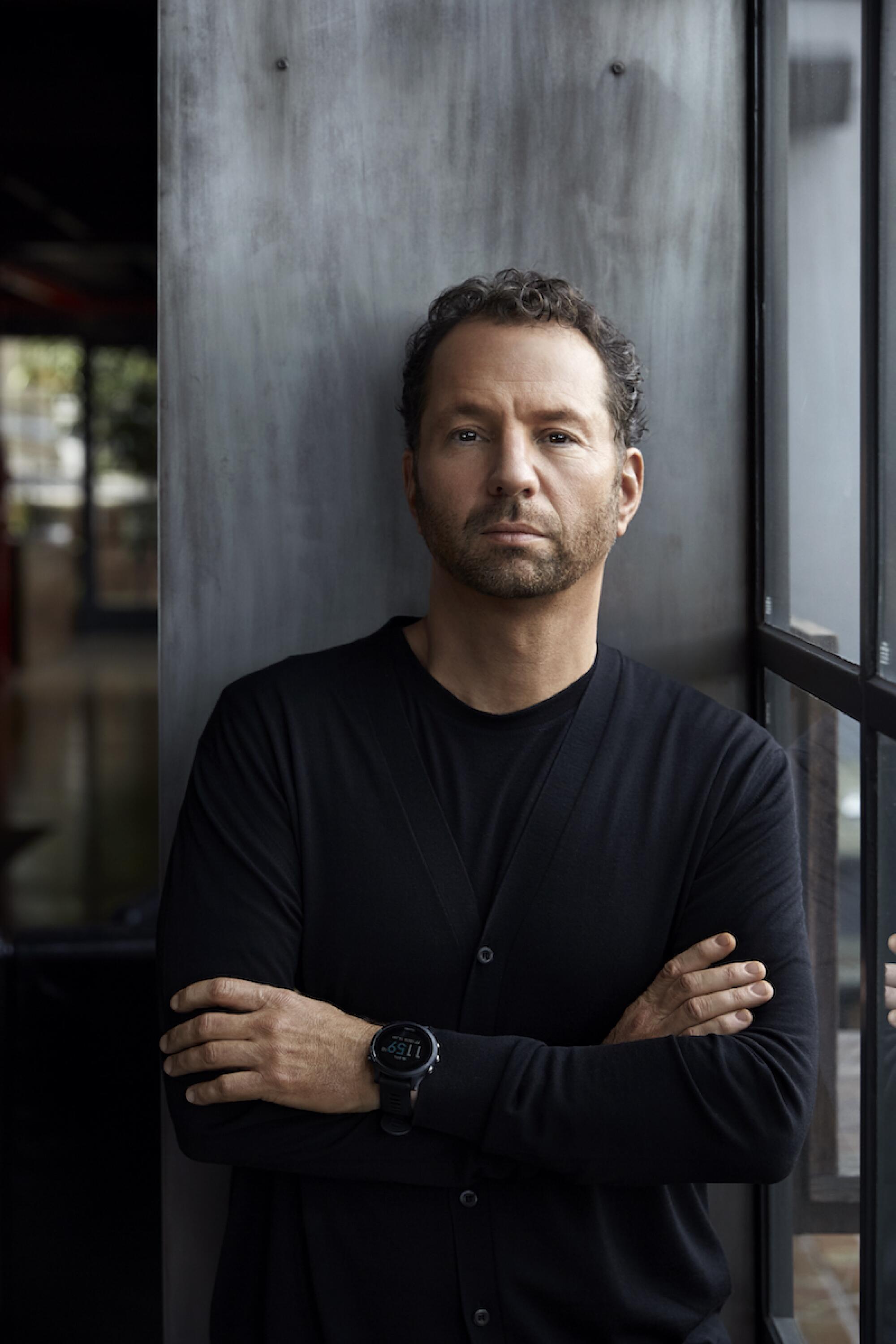
Michael Rapino, photographed at the Live Nation offices in Los Angeles on Jan. 16, 2018.
(Live Nation)
If you’ve ever cheered a show at the Forum, grabbed beers at the Echo, raved till dawn at the Electric Daisy Carnival or howled at Ticketmaster, you’ve been part of Michael Rapino’s plans for live music.
As the long-standing head of Live Nation Entertainment, Rapino has overseen an expansion of the Beverly Hills-based company into the world’s largest concert promoter and an inescapable behemoth in live entertainment. Last year again saw dizzying growth — Live Nation’s 2023 revenue was up 36% to $22.7 billion from the previous year — and proved that fan demand for concerts remains unslaked.
“We truly believed that when the [COVID-19] crisis was over, the desire for fans to celebrate would come back stronger than ever,” Rapino said in a phone interview. “We were thrilled to see in 2023 that demand exceeded anything in our record books.”
The native of Thunder Bay, Canada, began his career at the Canadian brewery Labatt before joining the firm that would become Live Nation Entertainment, where he ran its European and international music divisions before ascending to the top job in 2005. In 2010, Rapino led the company’s acquisition of Ticketmaster. Combining the two firms meant Live Nation had a hand in every aspect of concertgoing — which again became the topic of a heated U.S. Senate hearing last year.
“There’s so much confusion around this business,” Rapino said. “We need to do more work for fans to understand why they can’t get tickets, or why it’s three times the price on secondary markets. We’ve got more to do, but we want to be part of the solution.”
‘We were thrilled to see in 2023 that demand exceeded anything in our record books.’
— Michael Rapino
Rapino, 59, has acquired or invested major stakes in festivals such as Lollapalooza and promoters such as Insomniac (the L.A. promoter behind the Electric Daisy Carnival), and inaugurated new ones post-pandemic-lockdown, such as When We Were Young in Las Vegas.
Yet that growth came with costs too. Live Nation came under fire for accepting a $500-million investment from the Saudi Arabian sovereign wealth fund in 2020, and settled wrongful-death suits after the Astroworld tragedy in 2021, when 10 fans were crushed to death in the crowd. In May, the Department of Justice sued Live Nation Entertainment, alleging the company and Ticketmaster have “used [their] power and influence to insert themselves at the center and the edges of virtually every aspect of the live music ecosystem. This has given Live Nation and Ticketmaster the opportunity to freeze innovation and bend the industry to their own benefit.” The suit seeks to unwind Live Nation’s merger with Ticketmaster.
Yet the company’s continued post-COVID-lockdown gold rush is undeniable — it’s now estimated at a nearly $22-billion market cap. The company has responded to some recent pressures, nixing its cut of merchandise sales at smaller venues and pushing for all-in pricing on tickets.
With the recent run of sold-out stadium mega-tours from Taylor Swift, Beyoncé and others signaling strong concert demand to come, Rapino’s expansive vision has left others fighting to compete on Live Nation’s level, both at home and around the globe.
“Artists everywhere can be a TikTok away from selling out theaters,” Rapino said. “That immediate discovery of artists is going to unlock the global map for us.”





